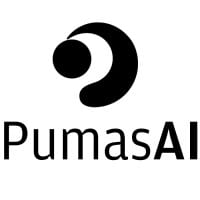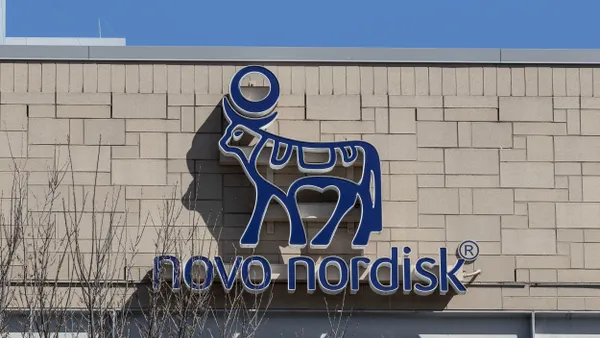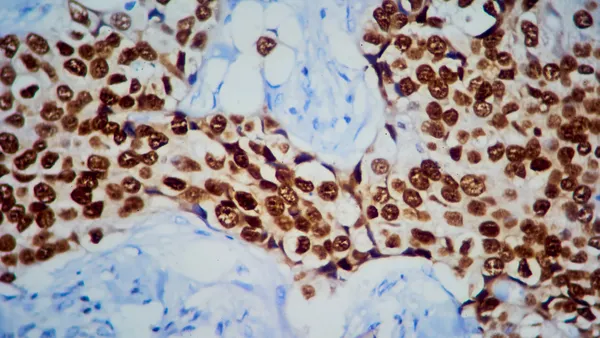Dive Brief:
- Merck & Co. garners two drug approvals in as many days from the U.S. Food and Drug Administration. The company announced the first on Monday, revealing it got the okay for its antibiotic counterpart Zinplava (bezlotoxumab).
- Zinplava isn't an antibiotic, but meant to be used in conjunction with antibiotics and help boost their effectiveness, while reducing the likelihood of the hospital-based infection recurring.
- The Zinplava approval was the first of two for the company this week. Merck also garnered an additional indication for its closely-watched immunotherapy Keytruda (pembrolizumab), which is now greenlit for use in first-line non-small cell lung cancer.
Dive Insight:
Zinplava (bezlotoxumab) isn't an antibiotic, however. It’s a monoclonal antibody given alongside an antibiotic. It binds to toxin B, one of the toxins produced by the Clostridium difficile bug, and neutralizes its toxic effects. The infection is prevalent in hospitals and is often hard to eradicate.
"For generations, Merck has been steadfast in its commitment to fighting infectious diseases – and that commitment continues today," said Nicholas Kartsonis, vice president of clinical development, infectious diseases at Merck Research Laboratories.
Originally developed at the University of Massachusetts MassBiologics lab alongside Medarex (now part of Bristol-Myers Squibb), Merck licensed-in Zinplava in 2009. It's not been an easy route to approval for Merck. In July 2016, the FDA requested further data and analysis from the two Phase 3 trials, raising concerns over the small study sizes. This moved the decision date from July 23 to October 23.
This is an area of unmet need, and there are a number of different approaches in clinical trials. In July 2016, Seres Biopharma's oral microbiome product SER-109 failed to meet the primary endpoint of reducing recurrence in a Phase 2 study, slashing the company's stock value by 76%. However, SER-109, the first of the company's Ecobiotic combinations of selected microbes, has been designated a breakthrough therapy by the FDA, and is currently in a Phase 2 trial in multiply recurrent CDI.
Seres is also developing another microbiome therapeutic using its Ecobiotic platform, SER-262, in Phase 1b in primary CDI. Rebiotix is also using the microbiome approach, with RBX2660 ready to go into Phase 3 for the prevention of recurrent CDI.
Da Volterra also focuses on the microbiome, but is taking a different approach by preventing the effect of antibiotics on the gut microbiome. Other approaches include UK company Summit Therapeutics' antibiotic ridinilazole (SMT19969) in Phase 2 for the treatment of CDI. And both Valneva and Sanofi have C difficile vaccines in clinical development.













